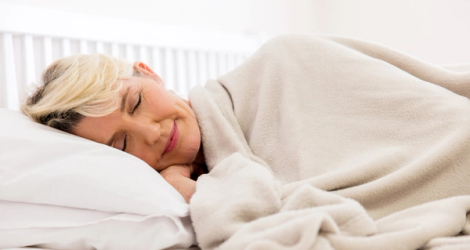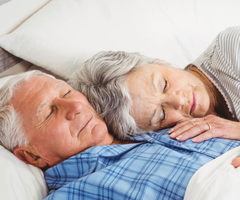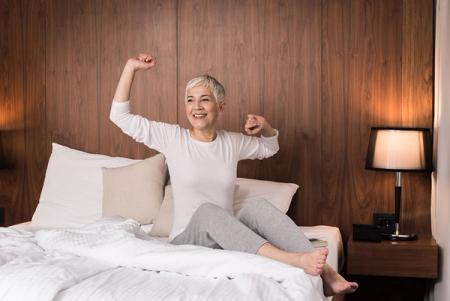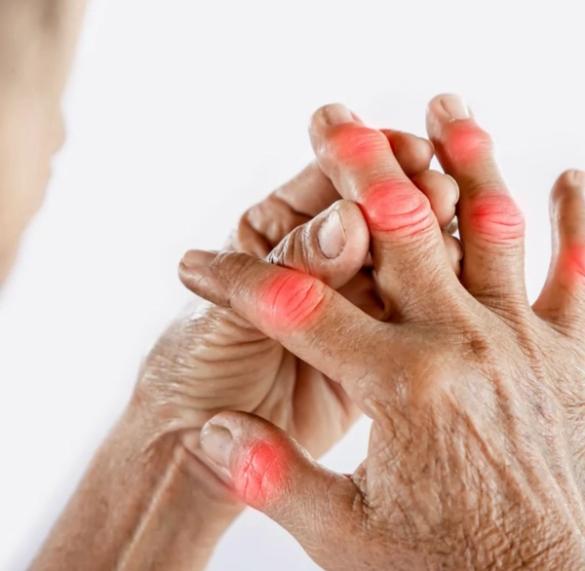question
why does arthritis pain feel worse at night?
Arthritis pain can indeed feel worse at night for several reasons, and understanding these factors can help in managing discomfort. Here’s a breakdown of why this happens:
Inflammation and Swelling
- Inflammatory Arthritis: Conditions like rheumatoid arthritis can cause inflammation that tends to flare up during the night. This inflammation leads to increased swelling in the joints, which can exacerbate pain.
- Fluid Accumulation: While you sleep, the body’s natural processes can lead to the accumulation of inflammatory materials and joint fluid around the joints. This can increase swelling and, consequently, pain.
Sleep Position and Pressure
- Sleeping Positions: Certain positions may irritate specific joints, especially if they are already inflamed. The weight of blankets or the pressure from the mattress can also aggravate pain in sensitive areas.
- Restricted Movement: During sleep, joints are often immobile for extended periods. This lack of movement can lead to stiffness and discomfort upon waking or during the night.
Pain Sensitivity
- Hypersensitivity: Chronic pain conditions can lead to a heightened sensitivity to pain signals, known as hyperalgesia. This means that pain can feel more intense at night, especially if sleep quality is poor.
- Pain Perception: The brain’s interpretation of pain can be influenced by various factors, including mood and fatigue. At night, when distractions are fewer, pain may feel more pronounced.
Sleep Disruption
- Restorative Sleep: Poor sleep quality can lead to increased pain sensitivity. If you are unable to enter deep, restorative sleep stages, it can result in next-day tiredness and heightened pain perception.
- Pain Cycle: The relationship between pain and sleep is cyclical. Chronic pain can disrupt sleep, and lack of sleep can lead to increased pain, creating a challenging cycle.
Additional Factors
- Medications: Some medications may wear off during the night, leading to increased pain levels. It’s important to manage medication timing effectively.
- Lifestyle Factors: Activities during the day, such as physical inactivity or excessive caffeine and alcohol consumption, can also impact how pain is experienced at night.
Managing Nighttime Pain
To help alleviate nighttime pain associated with arthritis, consider the following strategies:
- Sleep Hygiene: Establish a calming bedtime routine and create a comfortable sleep environment. This includes maintaining a cool room temperature and using supportive pillows.
- Pain Management: Take prescribed medications or apply topical pain relief before bed to ensure they are effective when you need them most.
- Gentle Movement: Engage in gentle stretching or relaxation techniques before sleep to help ease tension in the joints.
- Warmth: Using heat packs or taking a warm bath before bed can help relax muscles and reduce stiffness.
If you find that your arthritis pain is significantly affecting your sleep, it may be beneficial to consult with a healthcare professional. They can provide tailored advice and treatment options to help manage your symptoms effectively.
This information is not a substitute for professional medical advice, diagnosis or treatment. Always consult a registered healthcare professional about matters that affect your health. Clara uses artificial intelligence to generate general information for personal educational purposes only, not intended to be a management plan and it may contain errors, inaccuracies or may oversimplify concepts.












